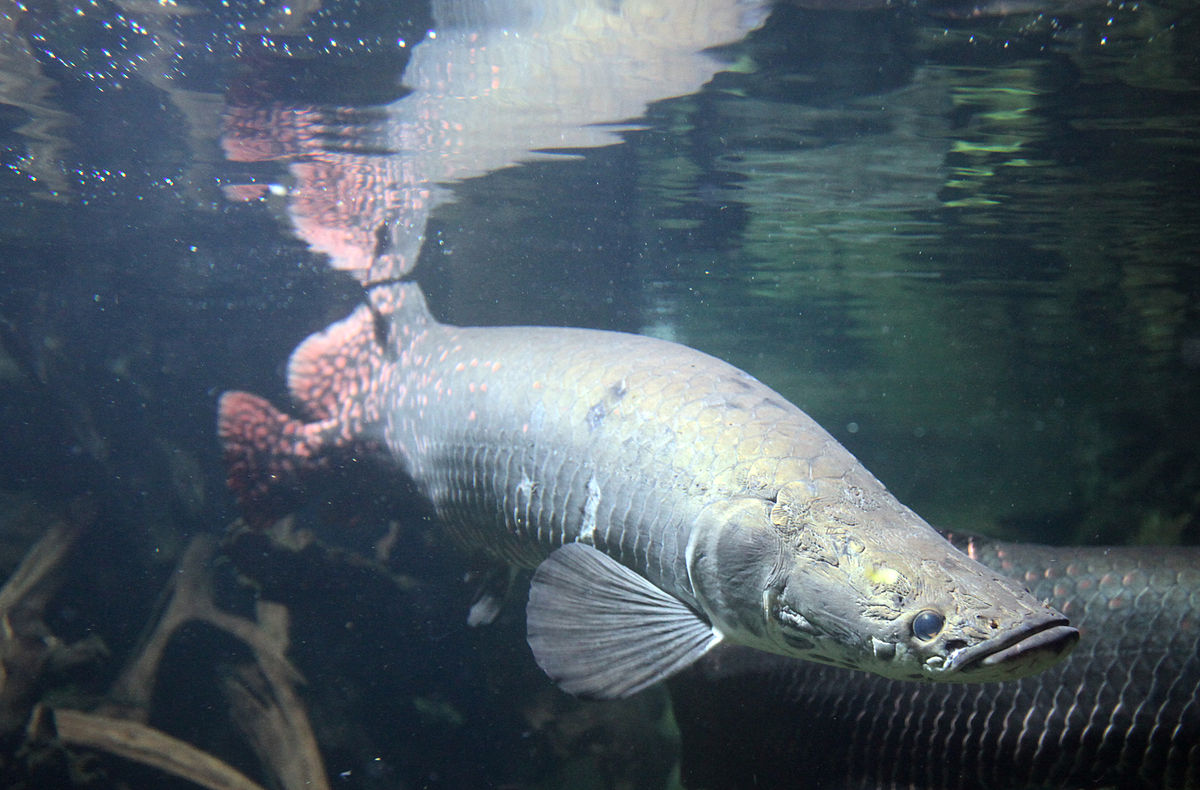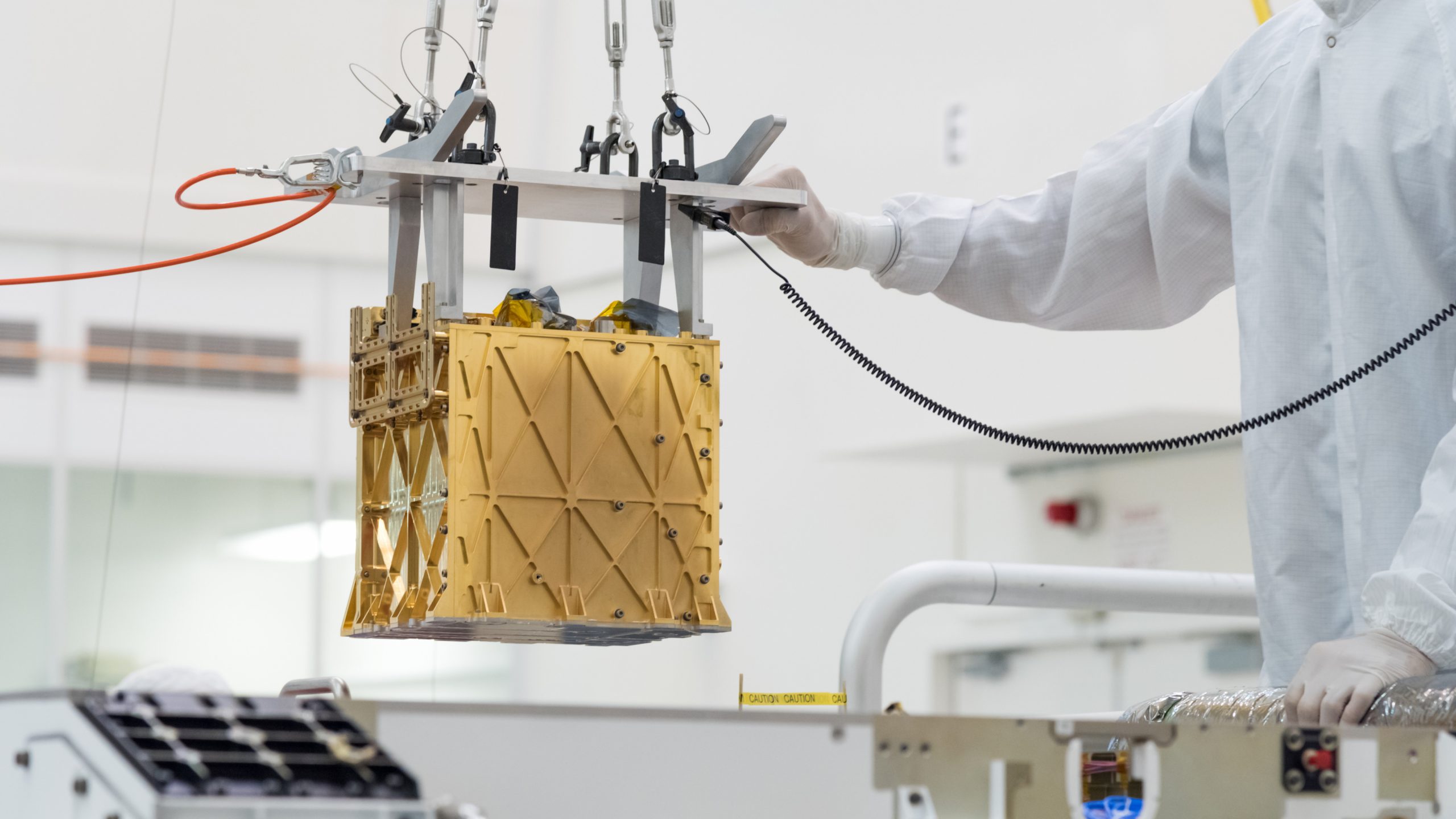As fish go, the arapaima is pretty extraordinary. Found in the Amazon river basin, it is one of the largest freshwater fish globally, capable of growing three meters long and weighing 200 kilograms (440 pounds).
It breathes air, allowing it to live in water with little oxygen and survive a day out of water altogether. It eats fish and birds, lizards, and small mammals, crushing its prey with its tooth-covered tongue.
This evolutionary masterpiece has an even greater trick — its scales, which researchers have compared to a bullet-proof vest, protect it from piranha attacks. Rigid but flexible, their properties have even attracted the attention of the US Air Force.
The arapaima is a Terminator of the animal kingdom, yet it has a fatal flaw: it’s good eating. Called pirarucu locally, it’s also known as “the cod of the Amazon” under its firm white flesh and minimal bones. The fish is an important food source for local communities and prized among discerning diners in some of Brazil’s biggest cities.
Overfishing led to population decline, and in the 1990s, steps were taken to prohibit arapaima fishing. However, illegal fishing continued, causing the species to disappear from parts of the Amazon. But thanks to two decades of work from conservationists and local communities, that’s no longer the case.
What’s more, the arapaima hasn’t disappeared from plates. Consumption is crucial to the conservation model, meaning Brazilians can have their fish and eat it.
Local communities guard lake entrances year-round to ward off illegal fishers coming from outside of the protected area. Harvesting is only allowed between August and November, and any fish smaller than 1.55 meters (5 feet 1 inch) long is returned to the water.




